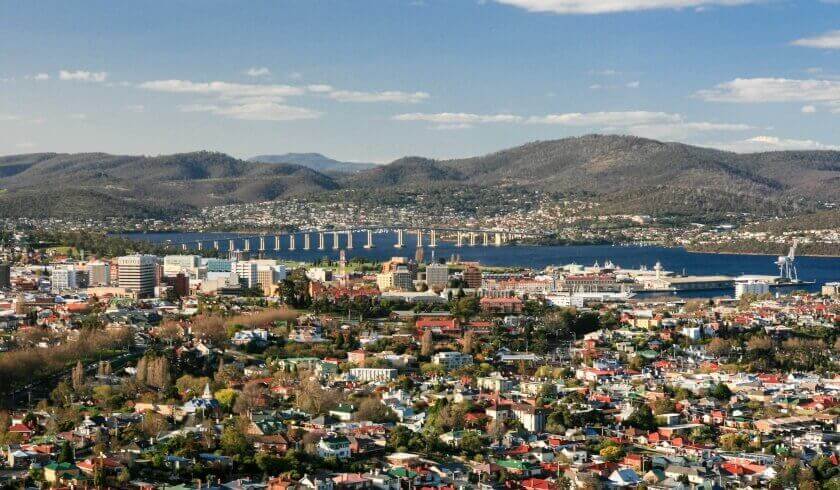Tasmania Budget 2018–19 — Good for property investors in the short term

The Tasmanian budget for 2018–19 saw a number of investment injections into infrastructure, health, education and the wider state economy. At face value, this overall seems positive, but what do the experts think?
According to Propertyology’s managing director and head of research, Simon Pressley, the Tasmanian budget means good things for property investors, which should drive up demand and the economy further.
“Housing initiatives within the budget include a 50 per cent stamp duty holiday for first home buyers (saving of up to $7,000) and a similar incentive for seniors who downsize their home. There is a massive shortfall of housing in the state so more initiatives like this are required,” Mr Pressley told Smart Property Investment.
“The turnaround in Tasmania’s economy from recession in 2014 to now is one of the strongest in the country and is arguably Australia’s single biggest success story in a decade. Job growth has driven property prices and rents. When combined with affordable housing and amazing lifestyle, it’s also attracting more and more interstate migration.
“The strong economy now means that the state can afford to ramp up investment in infrastructure. Regional locations such as Burnie, Devonport and Launceston are big winners from the extra job creation that will come from a long list of infrastructure projects.”
Tourism also saw funding being planned, which Mr Pressley sees will help support the state’s economy.
“With 1.3 million international and domestic visitors last year, tourism has fast become a major strength of the state economy,” the MD said.
“I think it’s a very good decision that they’ve made provision in the budget for significant investment in tourism projects along with extra funding to keep marketing the state’s unique tourism assets to the rest of the world.”
Economist Saul Eslake said that the results of this budget will expect to see the state’s economy to be nearly the best it’s been for the last 10 years.
“State Treasury estimates that Tasmania’s economy grew by 3.5 per cent in the financial year that’s about to end, the best performance in a decade,” Mr Eslake said.
“[Current predictions are] that it will grow by a further 2.25 per cent in the coming financial year, which would be the second-best performance since 2008–09.
“Faster employment growth has boosted payroll tax collections, while Tasmania’s more buoyant property market is throwing off more stamp duty revenue than foreseen this time last year.”
Mr Eslake was generally pleased with the budget, but it may not have a longer-term view of the economy, as there is no mention to what he sees as the biggest risk to the state’s economy, the potential to change Tasmania’s current GST revenue-sharing arrangement, of which the state is reliant on.
“The forecasts for Tasmania’s share of GST revenues in this year’s state budget are premised on an assumption that the existing system remains in place,” Mr Eslake said.
“If the Prime Minister’s much vaunted ‘guarantee’ that Tasmania will ‘not get a cent less’ actually means (as a literal reading of it seems to imply) only that Tasmania will not get less than the $2.48 million it will receive in the coming financial year, in the years following that, then Tasmania would receive $500 million less over the three years 2019–20 through 2021–22 than the budget assumes.
“All else being equal, that would put the government back into a net operating deficit (on the Treasurer’s preferred definition) in 2020–21 and 2021–22.”
Currently, Mr Eslake believes there is not enough being done to protect the state from the possibility of entering a deficit.
The economist said:“It’s also very much an unresolved question whether its reform agenda is bold enough truly to take Tasmanian living standards to a ‘higher level’ by comparison with the rest of Australia.”

